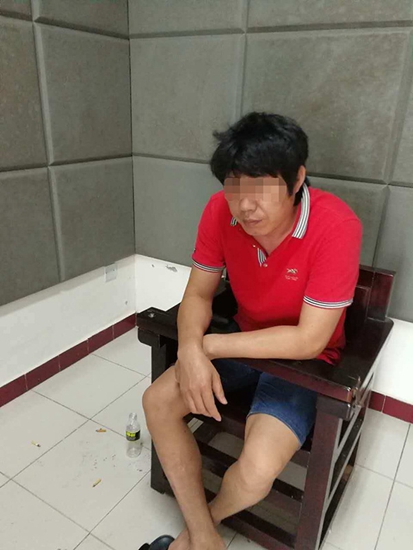Cleanup on world’s highest mountain
|
|
|
Volunteers sort garbage on the north slope of Qomolangma in the Tibet autonomous region on May 8, 2017. [Photo/Xinhua] |
More than 100 climbers have collected 4.5 metric tons of garbage on the north slope of Qomolangma, known as Mount Everest in the West, in an annual cleanup campaign.
The volunteers, including local Tibetans, domestic and overseas mountaineers, and staff of Tibet’s mountaineering work units, have been working at altitudes of between 5,200 and 6,500 meters since May 6.
Pema Trinley, deputy secretary of the Tibet Mountaineering Association, said the mountaineers are from more than 20 countries, such as the United States, Italy, Spain, the United Kingdom and Switzerland.
Kari Kobler, president of Swiss outfitter Kobler & Partner and one of the volunteers, was reported by Xinhua News Agency to have lauded the cleanup campaign as a sign of China’s increased environmental awareness. The 62-year-old climbing enthusiast said he has climbed the mountain many times over the past 17 years.
The campaign is expected to wrap up in mid-May.
With a height of 8,844 meters, Qomolangma is the world’s highest mountain and attracts thousands of visitors, hikers and mountaineers every year from around the world.
“The altitude between 5,200 to 6,500 meters is where most of the human activities such as mountaineering and training take place, and so it has the most waste,” said Pema Trinley.
Of the 4.5 tons collected so far, about one-third is tin cans. Other solid waste left by mountaineers include plastic bags, oxygen tanks and mountaineering ropes.
The organizers-the China Mountaineering Association and the Tibet Sports Bureau-have arranged 102 yaks to carry the waste down to the base camp at an altitude of 5,200 meters for sorting. The garbage is then trucked to Dingri county for further treatment.
The cleanup work on the north slope started in 1997. But this year’s efforts have reached a higher altitude than past efforts.
Nyima Tsering, deputy director of the Tibet Sports Bureau, said the bureau has plans to install sorting, recycling and degradation stations along the campsites on the north slope.
The bureau is also considering cleanup campaigns at higher altitudes, probably reaching 8,300 meters, starting next year, he said.
“We are considering establishing a professional cleanup team that can remove waste and participate in rescue operations when necessary,” Nyima Tsering added.


